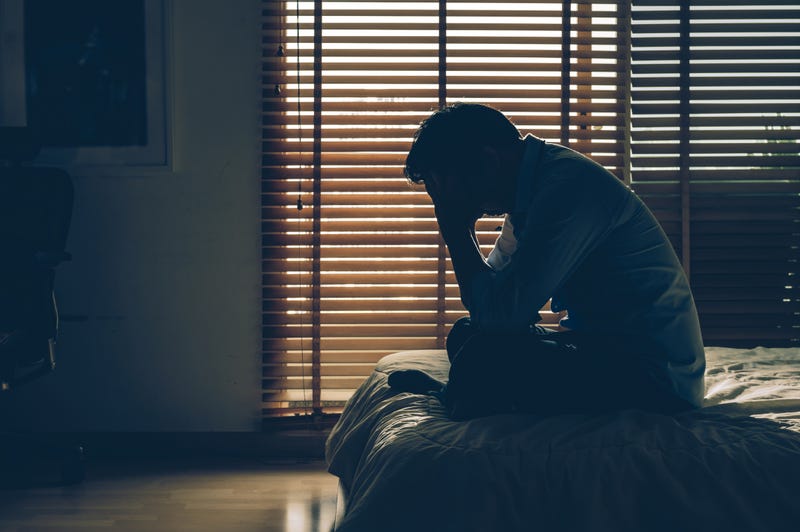
As days continue to shorten, symptoms of seasonal affective disorder start to return, leaving many feeling down and depressed as the winter season approaches. But not all hope is lost as experts have recommendations to help with the form of depression.
According to the Mayo Clinic, seasonal affective disorder is spurred on by the change in seasons as days get shorter and weather changes.
Mayo says that most people with SAD have their "symptoms start in the fall and continue into the winter months, sapping your energy and making you feel moody."
According to the hospital, symptoms of SAD include feeling sad or down nearly every day, losing interest in activities you once enjoyed, having low energy and feeling sluggish, sleeping too much, overeating, weight gain, and more.
Experts aren't certain why some experience SAD, but one possible suggestion is the disruption to the body's circadian rhythm that comes with the annual changing of the clocks. Another suggestion is that changing seasons can cause a disruption in hormones that often regulate sleep, mood, and feelings of well-being, according to Everyday Health.
The American Academy of Family Physicians shared that around 6% of people in the U.S. have SAD, and as many as 20% have a milder form referred to as the "winter blues."
One thing all physicians agree on is that those who are suffering need to seek treatment for SAD.
Dr. Gauri Khurana shared in an interview with Men's Health that several options for fighting seasonal depression exist. These include simpler tasks like taking vitamin D supplements to more serious actions like speaking with a therapist or taking antidepressants.
One non-drug treatment that Khurana recommends is light box therapy. The doctor says that doing the therapy correctly could help increase the amount of light you get when days are shorter.
But the best thing to do if you think you are experiencing a form of seasonal depression is to speak to your doctor, as it could also be occurring with other mental health conditions.
"It is important to treat SAD, because all forms of depression limit people's ability to live their lives to the fullest, to enjoy their families, and to function well at work," Dr. Deborah Pierce shared with Everyday Health.


